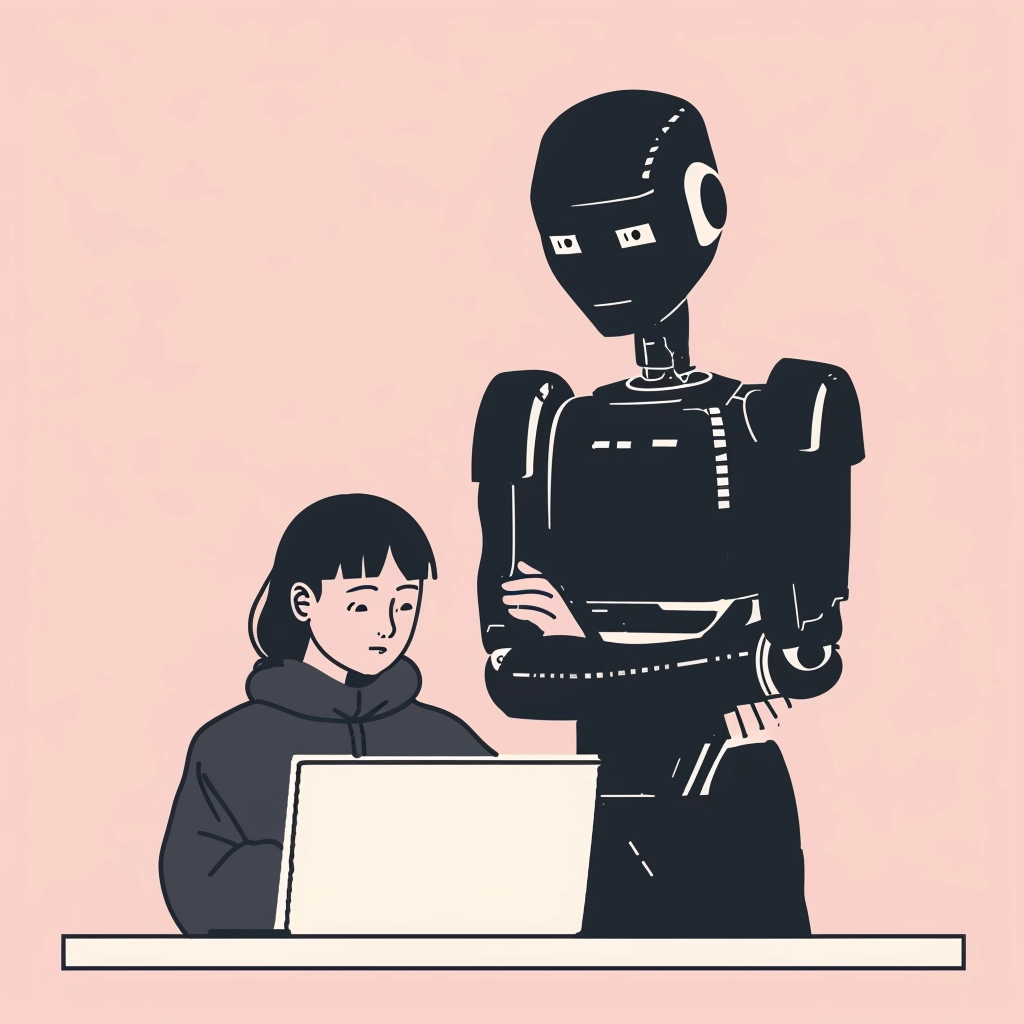As artificial intelligence (AI) continues to evolve, the artificial intelligence impact on jobs becomes a pivotal area of concern and interest. Recent studies suggest that almost 40% of global employment could be directly exposed to artificial intelligence, with significant implications for the job market in both advanced and emerging economies. This potential transformation raises questions about which roles will remain secure and how the workforce can adapt to an increasingly automated world. Understanding the interplay between artificial intelligence and jobs is crucial for navigating the future job landscape.
This article explores various roles that remain largely unthreatened by the advent of artificial intelligence, highlighting the unique human abilities that AI cannot replicate. From the irreplaceable value of human emotion and empathy to the nuances of critical thinking and complex problem-solving, certain domains appear resilient in the face of technological advancement. It delves into the significance of the human element across sectors like healthcare, skilled trades, leadership, education, research, and development, offering insights into how these areas might continue to thrive amidst AI integration.
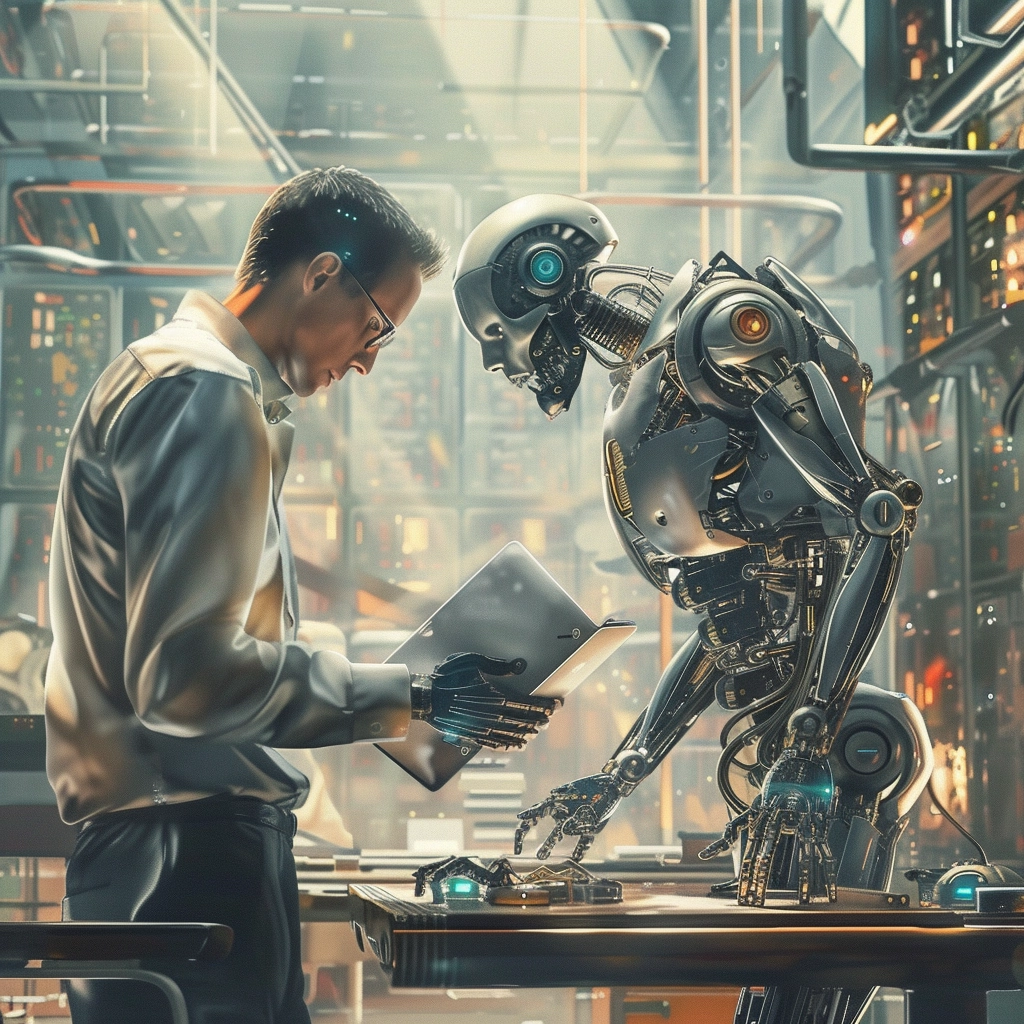
The Irreplaceable Value of Human Emotion and Empathy
Contents
- 1 The Irreplaceable Value of Human Emotion and Empathy
- 2 Creativity Beyond AI’s Reach
- 3 Critical Thinking and Complex Problem Solving
- 4 The Human Element in Healthcare
- 5 The Craftsmanship of Skilled Trades
- 6 Leadership and Ethical Decision-Making
- 7 Education and Personalized Learning
- 8 Innovation in Research and Development
- 9 Conclusion
- 10 Author
In the realm of healthcare and patient care, the role of human emotion and empathy stands irreplaceably vital. Central Sterile Processing Technicians, for instance, embody this indispensable human touch. Their responsibilities extend beyond the technical tasks of cleaning and sterilizing medical equipment; they also assist udintogel doctors during critical surgeries where emotional connection and adaptability—a distinctly human trait—are paramount. This underscores the idea that certain jobs, especially those deeply intertwined with human care and empathy, remain beyond the reach of artificial intelligence’s capabilities.
- Empathy in Healthcare:
- Patient Trust and Satisfaction: Studies have highlighted the direct correlation between empathetic care and improved patient outcomes. Empathy fosters trust, leading to higher satisfaction rates, better treatment adherence, and overall improved health conditions.
- Clinical Empathy: Defined as the ability to understand and share another person’s emotional state, clinical empathy plays a critical role in achieving accurate diagnoses, ensuring patients adhere to treatments, and aiding them in coping with serious diagnoses. The nuanced nature of human emotions, as evident in empathy, is something AI currently cannot authentically replicate.
The conversation around artificial intelligence’s impact on jobs often revolves around its efficiency and the automation of routine tasks. However, it’s crucial to recognize that emotional intelligence (EI) remains more critical than ever. In healthcare, for instance, while artificial intelligence can automate administrative tasks, it cannot replace the genuine empathy, compassion, and trust that form the foundation of patient-centered care models. Moreover, jobs that require a high degree of emotional intelligence, such as therapists, social workers, and teachers, are expected to be less impacted by AI advancements. This highlights a broader theme: the nuanced and complex nature of human emotions and the irreplaceable value of empathy in certain professions, emphasizing the importance of human-centric roles in an increasingly AI-integrated world.
Creativity Beyond AI’s Reach
Plumbers epitomize the necessity of human adaptability and creativity in professions where each problem presents a unique challenge. Unlike robots, which operate based on pre-programmed responses, plumbers must:
- Analyze the specifics of each situation
- Devise creative solutions on the spot
- Adapt their approach based on the unpredictable nature of plumbing issues
This adaptability underscores the irreplaceable value of humans in trades that demand a high level of situational analysis and flexibility.
In the realm of skilled trades and creative professions, customization and creativity are paramount. These fields thrive on the ability to:
- Tailor solutions to meet specific needs
- Employ craftsmanship and creativity in problem-solving
- Think on one’s feet to overcome unforeseen challenges
Such capabilities are inherently human and present significant obstacles for artificial intelligence, which, despite its advancements, struggles with tasks that require genuine creativity and the ability to customize solutions dynamically.
Furthermore, the impact of artificial intelligence on jobs that demand a high degree of creativity—such as art, music, literature, therapy, counseling, and certain healthcare roles—remains limited. Professions that involve:
- Creating original works of art or literature
- Designing unique graphic content
- Conducting scientific research that pushes the boundaries of current knowledge
all rely on a level of creativity and original thought that artificial intelligence is currently unable to replicate. This highlights a broader theme: while AI can assist in many areas, it cannot replace the nuanced, creative, and original work produced by human minds in fields such as writing, graphic design, and other creative industries.
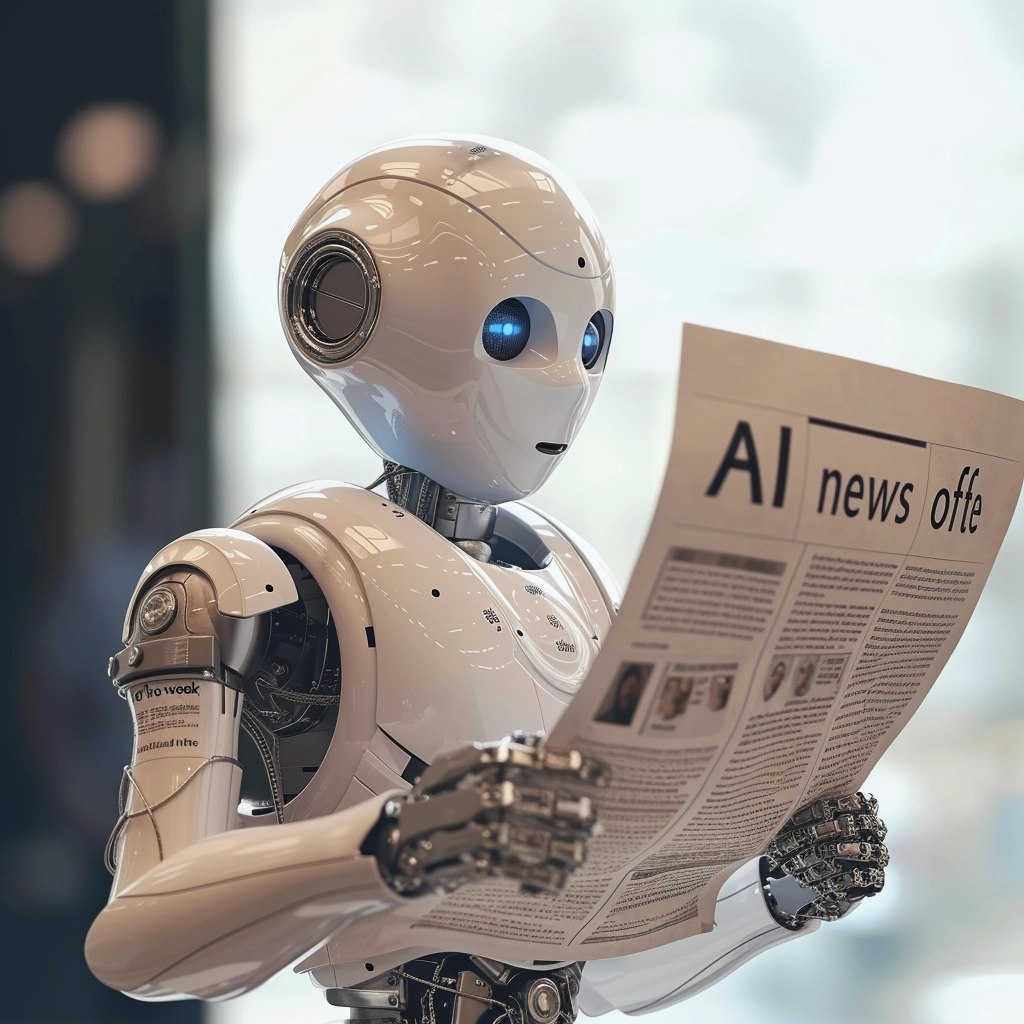
Critical Thinking and Complex Problem Solving
In the face of rapidly advancing artificial intelligence, the significance of critical thinking and complex problem-solving skills cannot be overstated. These uniquely human abilities encompass a range of cognitive processes that artificial intelligence, despite its progress, struggles to replicate. Here’s a deeper dive into why these skills remain irreplaceable:
- Analyzing and Evaluating Information:
- Critical thinking involves questioning established norms, analyzing the context of information, and evaluating evidence before arriving at a conclusion. This process is essential for making informed decisions based on logic and evidence, rather than assumptions or incomplete data.
- Concerns about artificial intelligence include its potential to create echo chambers and its lack of nuanced understanding. These limitations highlight the irreplaceable role of human critical thinking in interpreting information, evaluating its validity, and applying it in a broader context.
- Decision-Making in Complex Scenarios:
- AI’s current inability to handle unpredictable or ambiguous situations underscores the value of human intuition and experience. Skilled tradespeople, for instance, often work in dynamic environments where conditions change rapidly. This requires a level of flexibility and problem-solving that AI systems may struggle to achieve.
- High-level decision-making, particularly in white-collar professions involving strategic thinking and complex business decisions, remains a domain where human critical thinking is paramount. artificial intelligence may provide insights, but humans are needed to interpret data and make decisions that align with organizational goals and values.
- Enhancing AI with Human Ingenuity:
- As artificial intelligence becomes more integrated into various sectors, the importance of critical thinking will only grow. It ensures that AI’s decisions align with human values and goals, and addresses complex problems that AI may not be able to solve independently.
- Education systems are adapting to enhance human capability in the age of artificial intelligence, emphasizing the development of critical thinking skills. This not only prepares individuals to guide AI capabilities in the right direction but also inoculates against misinformation and nefarious threats.
In conclusion, while artificial intelligence can automate many tasks and provide valuable insights, it requires human oversight for risk identification, decision-making, and solving complex problems. The synergy between AI’s computational power and human critical thinking and problem-solving skills will be crucial in navigating the future landscape of work and innovation.
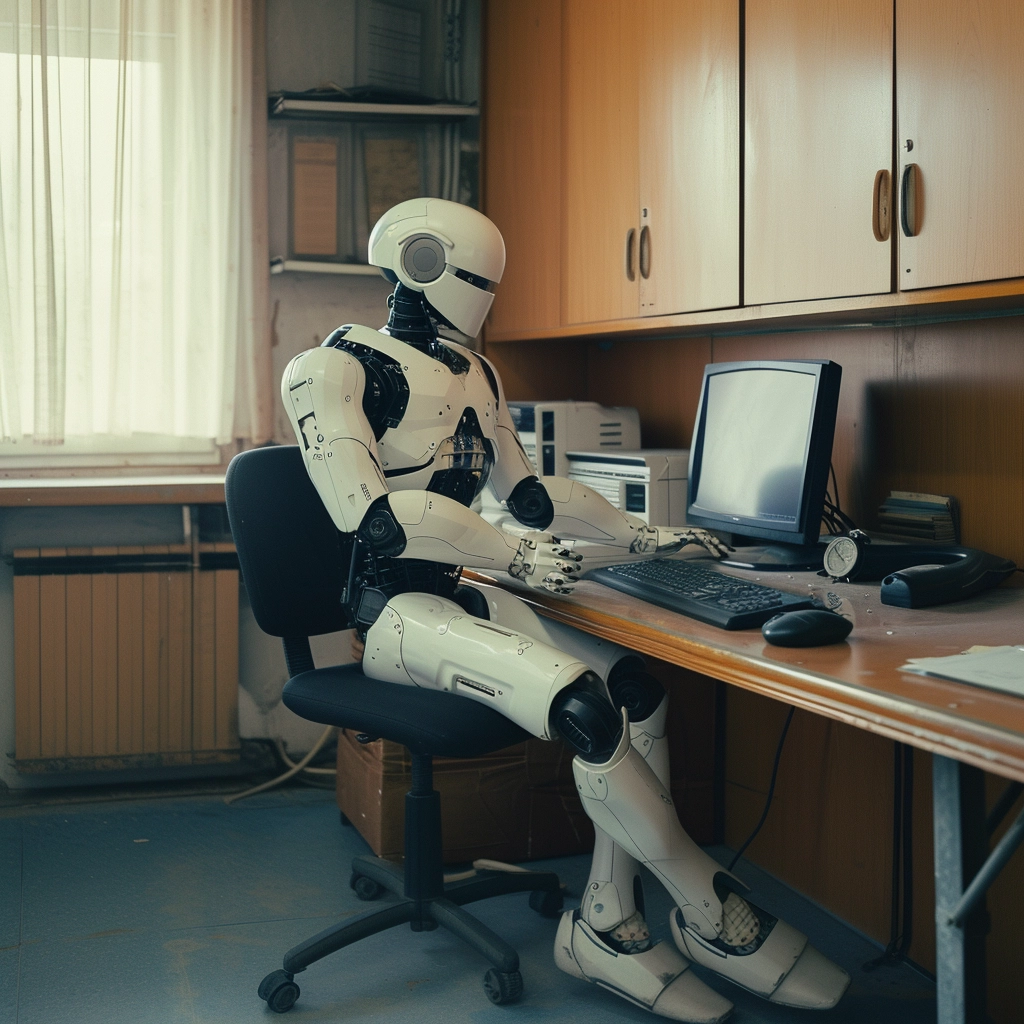
The Human Element in Healthcare
As artificial intelligence becomes increasingly integrated into healthcare, its potential to revolutionize diagnosis, treatment accuracy, and operational efficiency is undeniable. However, this technological advancement also brings to the forefront the indispensable human element in healthcare. AI’s capability to streamline workflow processes and handle repetitive tasks can significantly free up healthcare professionals’ time. This allows them to concentrate more on what truly matters: the human side of care. By offloading these tasks, professionals can dedicate more time to fostering trust relationships and engaging with patients through empathy and compassion, aspects of care that artificial intelligence cannot replicate.
- AI and Human Care Integration:
- Streamlining Workflow: AI automates time-consuming administrative tasks, allowing healthcare professionals to focus on patient care.
- Enhancing Diagnosis and Treatment: artificial intelligence improves accuracy but requires human oversight for nuanced decision-making.
- Supporting Patient Relationships: AI frees up time for healthcare professionals, allowing for deeper empathetic and compassionate patient interactions.
Despite AI’s advancements, it’s important to recognize its limitations in fully replicating the human touch in healthcare. Studies suggest that while AI, including tools like ChatGPT, may exhibit patient-provider communication skills, the depth of empathy and understanding inherent to human caregivers remains unparalleled. AI systems, therefore, should be designed with value-plurality in mind, ensuring patient-centered care remains at the heart of healthcare. This approach prevents a shift towards an AI-driven paternalism, preserving the ideal of compassionate care that respects patient autonomy and values.
- AI’s Role in Enhancing Human Care:
- Augmenting Empathy: AI can improve patient experiences by managing routine tasks, but the genuine empathy and compassion of healthcare professionals are irreplaceable.
- Education and Clinical Practice: artificial intelligence technologies support the education of healthcare professionals, enriching their understanding and practice of empathetic care.
- Extending Healing Spaces: Through artificial intelligence, healthcare can extend beyond traditional settings, enhancing healing relationships and quality of care.
In essence, the future of healthcare lies in the seamless integration of technology and humanity. While AI offers incredible potential for enhancing the efficiency and accuracy of healthcare services, it cannot replace the inherently human dimensions of care. The true value of healthcare professionals extends beyond their clinical skills to include their ability to connect, empathize, and provide compassionate care to their patients—qualities that AI is yet to, and may never fully, replicate.
The Craftsmanship of Skilled Trades
In the intricate world of skilled trades, the blend of dexterity, hand-eye coordination, and flexibility forms the cornerstone of craftsmanship that AI is far from replicating. The essence of skilled trades lies in:
- Fine Motor Skills:
- Intricate wiring in electrical work demands precision that goes beyond current artificial intelligence capabilities.
- Detailed carpentry, where every cut and join can have significant implications on the final product, relies heavily on the tactile feedback and fine motor skills unique to humans.
- Human Interaction:
- Engaging with clients to understand their specific needs and visions requires a level of emotional intelligence artificial intelligence lacks.
- Crafting personalized solutions based on client interactions is a testament to the social finesse and adaptability of skilled tradespeople.
Skilled tradespeople bring more to the table than just technical skills; they possess an innate ability to adapt to diverse situations, imagine complex systems, and troubleshoot existing ones with a level of innovation and creativity AI is yet to achieve. For instance:
- Adaptability to Diverse Situations:
- Electricians often face wiring challenges unique to each site, requiring on-the-spot problem-solving skills.
- Plumbers must navigate the unpredictable nature of plumbing issues, each with its own set of complexities.
- Complex Systems Imagination:
- The ability to visualize and understand complex systems is crucial in trades like HVAC where systems are often hidden within the structures of buildings.
- Detecting issues within these systems requires not just a deep understanding of how they work but also an intuitive sense of where problems might arise.
The craftsmanship inherent in skilled trades is a blend of art and science, demanding a level of human involvement that goes beyond the capabilities of current artificial intelligence technologies. Whether it’s the precision required in fine motor tasks or the adaptability needed in unpredictable environments, skilled tradespeople embody a set of skills and attributes that underscore the irreplaceable value of human touch in the workforce.
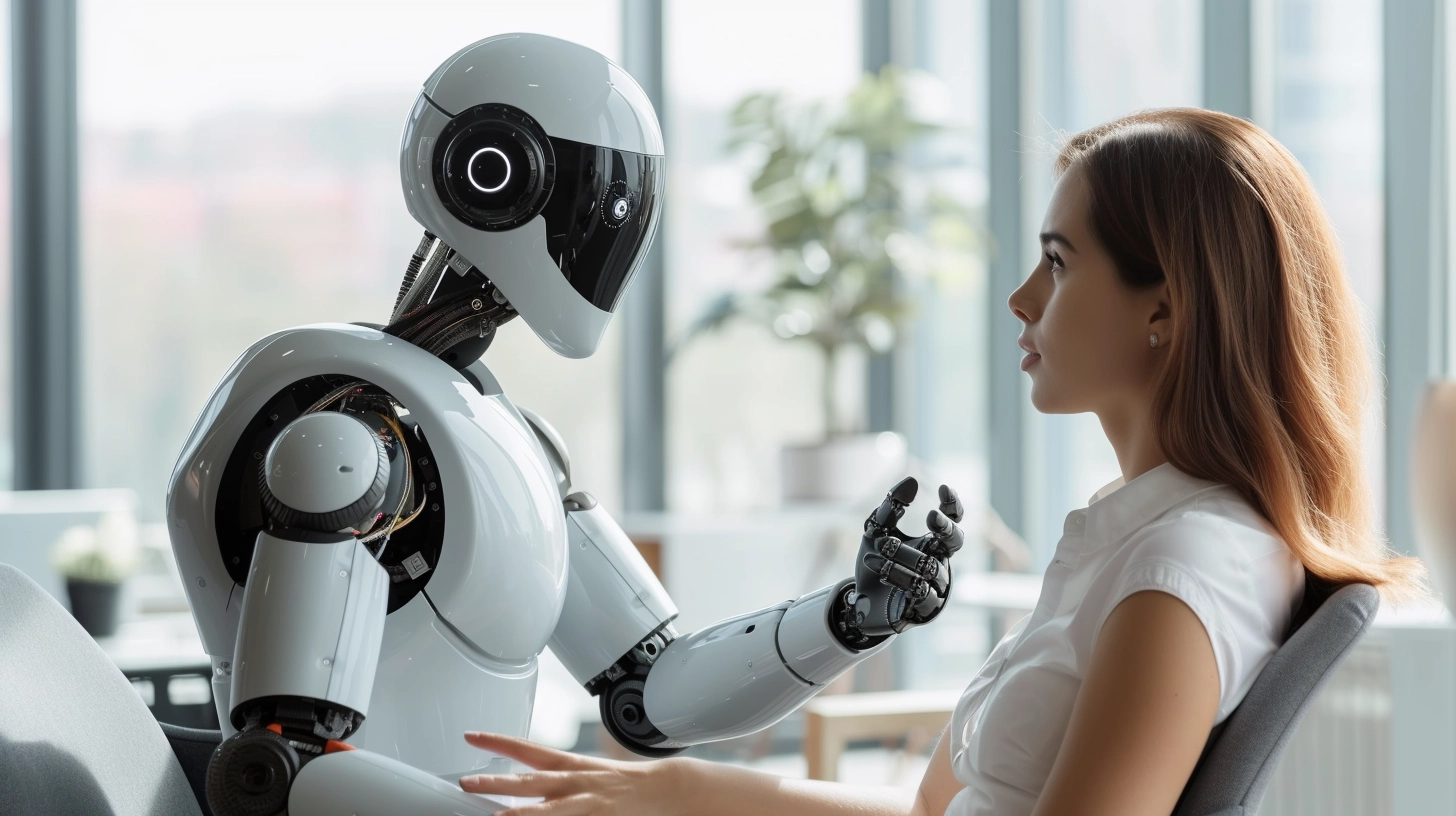
Leadership and Ethical Decision-Making
In the evolving landscape of artificial intelligence, the roles of leaders and managers in defining strategic goals, overseeing operations, and fostering collaboration remain paramount. Artificial intelligence’s inability to replicate the nuanced decision-making and ethical considerations inherent in leadership roles underscores the unique value of human insight in these areas. For instance:
- Leadership and Strategic Decision-Making:
- Leaders define the organization’s mission, vision, and strategic goals.
- They make challenging choices that influence the entire organization’s direction and achievements.
- Management and Operational Oversight:
- Managers supervise team operations, ensuring effective communication and collaboration.
- They are responsible for assigning resources and providing direction to employees, a task that requires human intuition and understanding.
While artificial intelligence plays a crucial role in augmenting decision-making processes through predictive analytics and natural language processing (NLP), the essence of leadership and ethical decision-making remains a distinctly human domain. AI’s capabilities, such as AI-driven scheduling software and predictive analytics, offer significant benefits in terms of efficiency and data analysis. These technologies can analyze large amounts of data to identify patterns, anomalies, and potential fraudulent activity, thereby supporting leaders in making informed decisions. However, the successful implementation of AI in the workplace requires a strategic approach and collaboration among stakeholders, emphasizing the irreplaceable role of human oversight in ethical considerations.
The ethical implications of artificial intelligence in leadership and decision-making are profound, encompassing issues related to data privacy, bias, and transparency. Leaders must navigate these challenges responsibly, ensuring that AI systems align with organizational values and ethical standards. Key considerations include:
- Ethical Implications and Bias Mitigation:
- AI can perpetuate systemic biases if training data reflects existing societal prejudices.
- Leaders must prioritize bias mitigation, transparency, and explainability in AI systems.
- Responsible AI Practices:
- Adoption of Responsible artificial intelligence involves practices that respect human rights and democratic values.
- Key steps include stakeholder participation and compliance with regulations.
- Ethical Upskilling and Collaboration:
- artificial intelligence offers an opportunity for ethical upskilling, reflecting our biases and moral flaws.
- A collaborative paradigm between artificial intelligence and human decision-makers can lead to more consistent ethical decisions.
In conclusion, the interplay between artificial intelligence and leadership roles highlights the importance of human insight, ethical consideration, and strategic collaboration in navigating the challenges and opportunities presented by AI technologies. As businesses continue to integrate artificial intelligence into their operations, the role of leaders in guiding these efforts responsibly and ethically will remain critical.
Education and Personalized Learning
In the dynamic landscape of education, AI-powered tools and platforms are reshaping the way learning is delivered and experienced. Platforms like Plaito leverage machine learning algorithms to adapt to each student’s unique needs and abilities, offering a truly personalized learning journey. This individualized approach has several key components:
- Adaptive Learning Technology: Tailors educational experiences to match the individual learner’s pace, style, and preferences, ensuring that each student can learn in the way that suits them best.
- Skillful Mentoring Initiatives: AI-driven systems provide data-driven insights to educators, enabling them to offer more targeted support and guidance.
- Multifaceted Learning: Incorporates various formats such as text, audio, video, and interactive elements to cater to different learning styles.
- Individualized Evaluation and Assessment: Offers immediate, focused feedback on tasks, helping students understand where they need improvement or further assistance.
- Accessible and Special Education: artificial intelligence-driven assistive technologies ensure that education is inclusive, providing support tailored to students with disabilities.
AI’s role in education extends beyond personalized learning pathways. It also revolutionizes the administrative and support aspects of education, automating tasks and providing support where needed:
- AI-Enabled Chatbots: Serve as virtual assistants to answer students’ queries, offering personalized help and reducing the workload on educators.
- Automated Assessment: Frees up valuable time for teachers by handling the grading of assignments and tests, allowing them to focus more on teaching and less on administrative tasks.
- Mental Well-being Support: artificial intelligence tools can also play a crucial role in managing students’ mental health, offering support and resources to help reduce stress.
Despite the transformative potential of artificial intelligence in education, it’s crucial to remember that artificial intelligence cannot replace the essential human elements of teaching. Educators play an irreplaceable role in inspiring.
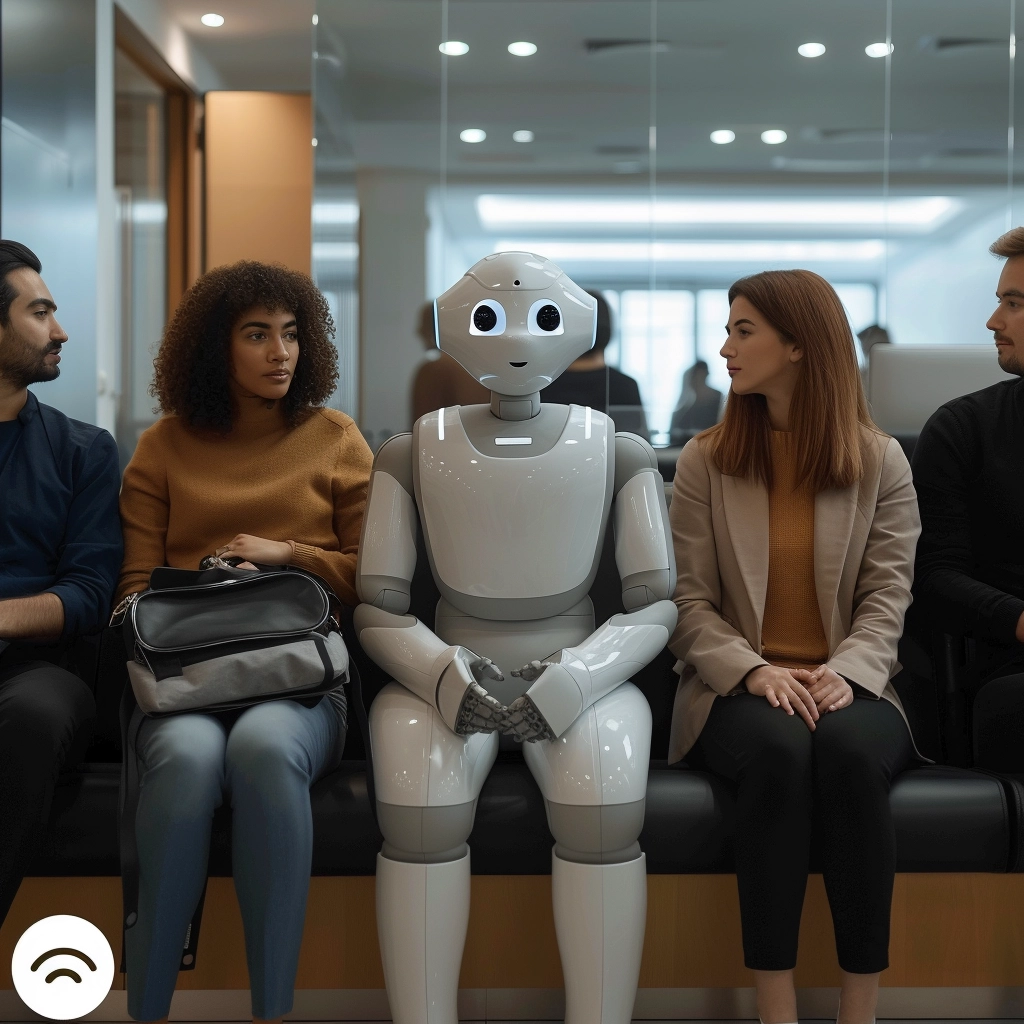
Innovation in Research and Development
In the realm of research and development (R&D), artificial intelligence is playing a transformative role, enhancing the efficiency and effectiveness of various processes. Here’s an overview of how artificial intelligence is driving innovation:
- Streamlining Research Processes:
- Data Collection and Analysis: artificial intelligence automates the collection and analysis of data, significantly reducing the time required for these tasks. This allows researchers to focus on more complex aspects of their projects.
- Experiment Design and Optimization: By simulating different scenarios, artificial intelligence assists in refining experiment designs, ensuring optimal conditions and variables are identified early in the process.
- Predictive Modeling: artificial intelligence tools develop models that forecast outcomes, aiding decision-making and strategy formulation in R&D projects.
- Accelerating Innovation:
- Generative AI: This technology generates a wide array of possibilities from initial data inputs, pushing the boundaries of creativity and allowing researchers to explore previously unconsidered solutions.
- Drug Discovery: In pharmaceuticals, artificial intelligence expedites the identification of potential drug candidates by generating new molecular structures, streamlining the early stages of drug development.
- Cost Reduction: By automating parts of the R&D process, such as product design, generative artificial intelligence significantly lowers the costs associated with traditional R&D methods.
- Enhancing Creativity and Collaboration:
- Exploring New Concepts: artificial intelligence’s capability to generate ideas and solutions through techniques like natural language generation and image synthesis introduces fresh perspectives into R&D efforts.
- Facilitating Collaboration: Tools equipped with natural language processing and sentiment analysis foster better communication among researchers, enhancing teamwork and collaboration on projects.
- Innovation Support: artificial intelligence provides critical support in the front end of innovation, from analyzing real user data for precise idea generation to offering structured assistance in developing concepts and business models.
Artificial intelligence’s impact on jobs within R&D is equally significant, creating roles such as artificial intelligence Systems Designer, Data Analyst, and artificial intelligence Ethicist, among others. These positions underscore the necessity for a workforce that is not only technically skilled but also adept at integrating artificial intelligence into the fabric of innovation processes. The synergy between artificial intelligence capabilities and human creativity is shaping a new era in R&D, marked by accelerated discovery, enhanced productivity, and a broader exploration of the unknown.
Conclusion
Throughout the exploration of artificial intelligence’s impact on various job sectors, it becomes evident that while artificial intelligence brings unparalleled efficiencies and capabilities to the table, the essence of human intuition, creativity, empathy, and complex problem-solving remains irreplaceable. From healthcare, where the depth of human compassion lies at the core of patient care, to the skilled trades and leadership roles that demand a nuanced understanding and adaptability, the significance of the human element persists. This persistent relevance across diverse fields highlights not only the limitations of artificial intelligence but also the enduring value of human skills and traits that technology can’t replicate.
As we navigate this era of technological advancement, the symbiotic relationship between artificial intelligence and human capabilities suggests a future where artificial intelligence augments rather than replaces human roles. The call to action for individuals and industries alike is to recognize and cultivate those uniquely human skills that will remain indispensable in the face of technological progress. Encouraging further research, continuous learning, and adaptation strategies will be key in leveraging artificial intelligence’s potential while securing the place of human expertise and empathy in sectors where they matter most. This balance between embracing artificial intelligence and preserving the indispensable human touch across various professions ensures a future where technology and humanity advance in harmony.
If you’ve enjoyed exploring the interplay between artificial intelligence and the job market, you might find our article on John Cena equally compelling. It offers an insightful look into the career of one of the most iconic figures in sports entertainment, highlighting how dedication, resilience, and human connection have shaped his remarkable journey.

